

Articles
How To Choose A Dishwasher
Modified: October 20, 2024
Looking for articles on how to choose a dishwasher? Discover expert tips and guidance to make an informed decision for your kitchen.
(Many of the links in this article redirect to a specific reviewed product. Your purchase of these products through affiliate links helps to generate commission for Storables.com, at no extra cost. Learn more)
Introduction
Choosing a dishwasher for your kitchen can be a daunting task with so many options available in the market. A dishwasher not only saves time and effort but also ensures cleaner and more hygienic dishes. However, with various brands, sizes, and features to consider, it’s essential to do your research and make an informed decision.
In this article, we will guide you through the process of choosing a dishwasher that suits your needs. From budget considerations to understanding different types and features, we’ve got you covered.
So let’s dive in and explore the factors to consider when purchasing a dishwasher.
Key Takeaways:
- Choose a dishwasher that fits your budget, size, and energy efficiency needs. Consider factors like noise level, cleaning performance, and installation requirements to make an informed decision.
- Explore different types and features of dishwashers to enhance your dishwashing experience. Prioritize maintenance and care for optimal performance and longevity of your appliance.
Read more: How To Choose A Printer
Budget considerations
One of the first things to consider when choosing a dishwasher is your budget. Dishwasher prices can vary significantly depending on the brand, size, features, and overall quality. It’s important to set a realistic budget and determine how much you are willing to invest in your new appliance.
Keep in mind that while there are budget-friendly options available, spending a bit more can often result in a higher quality dishwasher that performs better and lasts longer. However, it’s also crucial to avoid overspending on features you don’t need.
Before making a purchase, compare prices from different retailers and check for any ongoing promotions or discounts. Additionally, consider the long-term costs of operating the dishwasher, such as energy and water consumption. Opting for an energy-efficient model may be slightly more expensive upfront but can result in significant savings over time.
It’s also worth considering the warranty and after-sales service offered by the manufacturer. A reliable warranty can provide peace of mind and protect your investment, should any issues arise.
Remember, while it’s essential to stick to your budget, compromising too much on quality may result in a dishwasher that doesn’t meet your expectations or requires frequent repairs.
By understanding your budget limitations and exploring the available options within that range, you can make a well-informed decision and find the best dishwasher that offers value for money.
Size and capacity
The next factor to consider when choosing a dishwasher is the size and capacity that will best fit your kitchen and meet your household needs.
Dishwashers come in various sizes, typically ranging from compact or slim models to standard or full-size options. The size of your dishwasher will depend on the available space in your kitchen and the number of people in your household.
If you have a small kitchen or live in an apartment or condominium, a compact or slim dishwasher might be the most suitable choice. These models are designed to fit in tight spaces and usually have a smaller capacity, accommodating around 8 to 10 place settings.
For larger households or those who frequently entertain guests, a standard or full-size dishwasher with a larger capacity may be necessary. These dishwashers can typically accommodate around 12 to 14 place settings or more, making them ideal for washing larger quantities of dishes, pots, and pans.
When considering the capacity, take into account the number of meals you prepare daily and the types of items you frequently wash. If you frequently cook or bake, you may need a dishwasher with adjustable racks or specialized features to accommodate larger or oddly shaped cookware.
Additionally, pay attention to the interior layout of the dishwasher, such as the organization of racks, the presence of adjustable tines, and the availability of a cutlery basket or tray. These features can enhance the dishwasher’s capacity and flexibility when it comes to loading and arranging dishes.
It’s also important to measure the available space in your kitchen before purchasing a dishwasher. Ensure that the dimensions of the chosen model align with the designated area to prevent any installation issues.
By considering the size and capacity of the dishwasher, you can select a model that not only fits seamlessly into your kitchen but also meets your specific needs in terms of dishwashing quantity and versatility.
Energy efficiency
Energy efficiency is a crucial factor to consider when choosing a dishwasher, as it not only helps reduce your carbon footprint but also saves you money on energy bills in the long run.
Dishwashers that are ENERGY STAR certified are designed to consume less energy and water compared to conventional models. Look for the ENERGY STAR label when shopping for a dishwasher, as it indicates that the appliance meets strict energy efficiency guidelines set by the Environmental Protection Agency (EPA).
One of the main energy-saving features to look for in a dishwasher is a high-efficiency or variable speed motor. These motors adjust their power based on the load and soil level, reducing energy consumption. Additionally, look for models that offer eco-friendly or energy-saving wash cycles, which use less water and operate at lower temperatures without compromising cleaning performance.
An important energy-saving feature to consider is the presence of a built-in sensor or soil sensor. This sensor detects the dirt and grime on your dishes and adjusts the wash cycle accordingly, ensuring efficient cleaning without wasting water and energy.
Another aspect to consider is the water consumption of the dishwasher. Look for models that are designed to use fewer gallons of water per cycle. Typically, dishwashers that use less than four gallons of water per cycle are considered water-efficient.
Some advanced dishwasher models may also feature a delay start option, allowing you to set the dishwasher to operate during off-peak hours when energy rates may be lower. This can further contribute to energy savings.
When comparing energy efficiency, pay attention to the dishwasher’s annual energy consumption and water usage, which can usually be found on the product’s energy guide label. This will give you a better understanding of the appliance’s long-term energy-saving potential.
By choosing an energy-efficient dishwasher, not only will you reduce your impact on the environment but you will also save on energy costs over its lifespan.
Noise level
Noise level is an important consideration when selecting a dishwasher, especially if your kitchen opens up to a living area or if you have a sensitive sleep schedule. Nobody wants a dishwasher that disrupts conversations or disturbs peaceful moments. Therefore, it’s essential to choose a dishwasher with a noise level that aligns with your preferences and household dynamics.
Dishwashers are typically measured in decibels (dB) to indicate their noise level. The lower the decibel rating, the quieter the dishwasher will be. Most modern dishwashers range between 45dB to 50dB, which is equivalent to the noise level of light traffic or a soft conversation.
If silence is a priority for you, look for models labeled as “quiet” or “silent.” These dishwashers typically have a noise level below 45dB, which is similar to the sound of a library or a whisper.
Various factors can contribute to the noise level of a dishwasher. Insulation and sound dampening materials are used to reduce vibrations and noise during operation. Some models utilize advanced technologies like vibration control or extra insulation layers to further minimize noise.
It’s important to note that dishwashers with lower noise levels often come with a higher price tag. However, if a quiet environment is crucial for your household, investing in a quieter dishwasher may be worth it.
Remember to consider your kitchen layout as well. Built-in dishwashers tend to be quieter since they are surrounded by cabinetry and insulation, which helps reduce noise. On the other hand, portable or freestanding dishwashers may be slightly louder due to the lack of surrounding insulation.
When researching dishwashers, read customer reviews and ratings to get a sense of real-world noise performance. Many reviewers specifically mention the noise level, and their experiences can provide valuable insights.
By considering the noise level of a dishwasher, you can ensure a peaceful and harmonious environment in your kitchen and living areas.
Read more: How To Choose A Recliner
Cleaning and drying performance
One of the primary purposes of a dishwasher is to clean and dry your dishes effectively. Therefore, assessing the cleaning and drying performance of a dishwasher should be a key consideration in your decision-making process.
When it comes to cleaning performance, look for dishwashers with multiple wash cycles and adjustable water pressure settings. This allows you to tailor the wash cycle based on the level of soil on your dishes. Some dishwashers even offer specialized cycles for heavily soiled items, delicate glassware, or quick clean-ups.
Consider dishwashers that have dedicated wash zones, such as a lower rack specifically designed for pots and pans. These features ensure that all your dishes, regardless of size or material, receive optimal cleaning performance.
A significant factor in cleaning performance is the spray arm design. Dishwashers with multi-directional or rotating spray arms ensure thorough coverage of dishes, reaching every nook and cranny for a more effective clean.
In terms of drying performance, many dishwashers offer different drying options. The most common drying method is through heated drying, which uses a heating element to evaporate moisture from the dishes during the drying cycle. However, some models offer alternative methods such as condensation drying, which uses residual heat and the natural cooling process to dry the dishes.
Look for dishwashers with features like a built-in fan or ventilation system that promote airflow for quicker and more efficient drying. Additionally, some models offer options like a “dry boost” or “extra dry” setting, which increases drying time and temperature for better results.
While drying performance is important, it’s worth noting that plastic items might not dry as thoroughly as glass or ceramic due to their different heat retention properties. However, some dishwasher racks are designed with specific features, like tines or prongs, to help prop up plastic items for better drying.
Reading customer reviews and checking the dishwasher’s ratings for cleaning and drying performance can provide valuable insights into real-world performance and user satisfaction. Consider choosing a dishwasher that consistently receives positive feedback regarding its cleaning and drying capabilities.
By selecting a dishwasher with excellent cleaning and drying performance, you can ensure that your dishes emerge from each cycle sparkling clean and completely dry, ready to be put away.
When choosing a dishwasher, consider the size and capacity that fits your needs. Look for energy-efficient models with adjustable racks and multiple wash cycles for versatility.
Different types of dishwasher
When choosing a dishwasher, it’s important to understand the different types available to find one that best suits your needs and space requirements.
1. Built-in dishwashers: These are the most common dishwasher type, designed to be installed under the kitchen countertop and integrated with the cabinetry. Built-in dishwashers offer a seamless and uniform look in your kitchen and come in various sizes to fit different kitchen layouts. They are typically the quietest and offer a range of features and options.
2. Portable dishwashers: If you have limited space or are renting a home, a portable dishwasher can be a convenient option. They are freestanding units that can be placed anywhere in the kitchen and connected to the sink faucet for water supply. Portable dishwashers usually have wheels for easy maneuverability and can be stored away when not in use.
3. Countertop dishwashers: These compact and portable dishwashers sit on top of your countertop. They require no installation, as they connect directly to the sink faucet. Countertop dishwashers are ideal for small kitchens or single occupants who have minimal dishwashing needs. While they may have a smaller capacity, they offer convenience and ease of use.
4. Drawer dishwashers: Drawer dishwashers are gaining popularity due to their unique design and flexibility. They consist of one or two separate drawers that can be operated independently or simultaneously. Each drawer can be loaded and operated separately, allowing you to wash smaller loads or delicate items without wasting water and energy. Drawer dishwashers are ideal for smaller households or those who prefer more control over their dishwashing cycles.
5. Compact dishwashers: These dishwashers are smaller in size, typically around 18 inches wide, making them suitable for smaller kitchens or limited spaces. They offer similar features and functions as full-size built-in dishwashers but with a reduced capacity. Compact dishwashers are a great choice for small families or individuals who don’t have frequent large loads of dishes to wash.
Consider the available space in your kitchen, your washing needs, and your lifestyle when deciding on the type of dishwasher that best suits you. Each type has its own advantages and considerations, so be sure to weigh them carefully to make the right choice.
Features and options
When selecting a dishwasher, it’s important to consider the various features and options available to enhance your dishwashing experience. Here are some key features to look for:
1. Wash cycles: Dishwashers offer a range of wash cycles, such as normal, heavy-duty, eco-friendly, quick wash, and sanitize. Look for a dishwasher that has a selection of wash cycles to cater to different cleaning needs and varying levels of soil on your dishes.
2. Adjustable racks: Dishwashers with adjustable racks provide flexibility in loading dishes of different sizes and shapes. Look for models with adjustable tines, folding racks, or movable shelves that can be customized to accommodate larger pots or delicate glassware.
3. Cutlery organization: Many dishwashers offer dedicated cutlery baskets or trays that keep utensils separated for optimal cleaning. Some models also feature cutlery jets or removable inserts to ensure thorough cleaning.
4. Soil sensors: Dishwashers equipped with soil sensors detect the level of dirt and adjust the wash cycle accordingly. This ensures efficient cleaning while minimizing water and energy consumption.
5. Delay start: A delay start feature allows you to set the dishwasher to start at a later time, which can be beneficial if you want to take advantage of off-peak energy hours or have the dishwasher start while you’re away from home.
6. Child lock: If you have children in your household, a dishwasher with a child lock feature can prevent accidental interference or operation of the appliance, ensuring their safety.
7. Smart connectivity: Some advanced dishwashers offer smart features, allowing you to control and monitor your dishwasher remotely through a smartphone app. These features provide convenience and flexibility in managing your dishwashing tasks.
8. Leak protection: Look for dishwashers with built-in leak protection systems that can detect water leaks and automatically shut off the water supply, providing an extra layer of protection against potential water damage.
9. Energy-saving modes: Dishwashers with energy-saving modes or options can help reduce energy consumption during each cycle, resulting in lower utility costs and a more eco-friendly operation.
It’s essential to evaluate which features and options are important to you and align with your needs and preferences. Keep in mind that the more features a dishwasher offers, the higher the price may be. Therefore, prioritize the features that are essential to you and consider your budget accordingly.
By selecting a dishwasher with the right features and options, you can customize your dishwashing experience and ensure efficient and convenient cleaning of your dishes.
Installation requirements
Before purchasing a dishwasher, it’s important to consider the installation requirements to ensure that it can be properly integrated into your kitchen. Here are some key factors to keep in mind:
1. Space availability: Measure the space in your kitchen where the dishwasher will be installed. Consider the height, width, and depth required for the dishwasher to fit properly. Take note of any obstructions, such as cabinets or appliances, that may affect the installation process.
2. Plumbing connections: Ensure that you have the necessary plumbing connections for the dishwasher. Most dishwashers require a hot water supply line and a drain line. Check if there is a nearby water source and a drain outlet where the dishwasher can be connected. If not, you may need to hire a professional plumber to install the required connections.
3. Electrical requirements: Dishwashers typically require an electrical connection. Verify the voltage and amperage requirements specified by the manufacturer. Ensure that you have a suitable electrical outlet near the installation location, or be prepared to hire a licensed electrician to install one if needed.
4. Ventilation: Dishwashers generate steam during the drying cycle, so proper ventilation is important to prevent a buildup of moisture that can lead to mold and mildew. Ensure that there is adequate ventilation in the area where the dishwasher will be installed. Some dishwashers come with built-in ventilation systems that can help minimize moisture buildup.
5. Flooring and leveling: Ensure that the floor where the dishwasher will be placed is level and stable. Unlevel flooring can cause the dishwasher to vibrate excessively during operation and affect its performance. Use a leveling tool to check the floor, and make any necessary adjustments to ensure a stable and balanced installation.
6. Professional installation: While some individuals may choose to install a dishwasher themselves, it’s recommended to hire a professional installer, especially if you’re not familiar with plumbing or electrical work. Professional installation ensures that the dishwasher is correctly installed, minimizing the risk of leaks, electrical issues, or improper connections.
7. Manufacturer’s guidelines: Always refer to the manufacturer’s installation guidelines and instructions specific to the dishwasher model you have chosen. These guidelines will provide detailed information on the specific requirements and recommendations for installing the dishwasher correctly.
By considering the installation requirements before purchasing a dishwasher, you can ensure a smooth and hassle-free installation process, and enjoy the benefits of your new appliance without any complications.
Read more: How To Choose Siding
Maintenance and care
Proper maintenance and care of your dishwasher are essential to ensure its longevity, optimal performance, and cleanliness. Here are some key tips for maintaining and caring for your dishwasher:
1. Regular cleaning: Regularly cleaning your dishwasher helps prevent the buildup of debris, food particles, and mineral deposits that can affect its performance. Remove any large food particles from the dishwasher’s filter and spray arm. Use a mild dishwasher cleaner or a mixture of vinegar and water to clean the interior of the dishwasher. Wipe down the door, gaskets, and control panel with a soft cloth.
2. Clean the filter: Most dishwashers have a filter that collects food particles to prevent them from circulating back onto the dishes. Check the owner’s manual to locate the filter and remove any debris or buildup. Cleaning the filter regularly will maintain the dishwasher’s efficiency and prevent clogs.
3. Check the spray arm: The spray arm is responsible for distributing water and ensuring thorough cleaning of the dishes. Periodically check the spray arm for any clogs or blockages. Use a toothpick or small brush to clear any obstructions, such as food particles or mineral deposits.
4. Use proper detergent: Use a high-quality dishwasher detergent that is specifically formulated for your dishwasher. Avoid using regular dish soap or handwashing detergent, as they can create excessive suds and lead to performance issues. Follow the manufacturer’s guidelines regarding the recommended amount of detergent to use for each load.
5. Maintain seals and gaskets: Inspect the seals and gaskets around the dishwasher door regularly. Clean them gently using a damp cloth to remove any debris or residue. Check for signs of wear or damage, and if needed, contact the manufacturer for replacement parts.
6. Run hot water before starting the dishwasher: To ensure optimal cleaning performance, run hot water in your sink before starting the dishwasher. This helps to preheat the water that will be used in the wash cycle, allowing for more effective cleaning.
7. Avoid overloading the dishwasher: Overloading the dishwasher can impact its cleaning performance and increase the risk of damaging your dishes. Follow the manufacturer’s guidelines for load capacity and ensure that dishes are arranged properly for optimal water circulation and cleaning.
8. Address any issues promptly: If you notice any unusual noises, leaks, or inefficiencies in your dishwasher’s performance, address them promptly. Contact the manufacturer’s customer service or a professional appliance repair service to resolve the issue before it escalates.
By following these maintenance and care tips, you can keep your dishwasher operating efficiently, prolong its lifespan, and ensure clean and spotless dishes every time.
Conclusion
Choosing the right dishwasher for your kitchen can make a significant difference in your daily routine. By considering factors such as budget, size and capacity, energy efficiency, noise level, cleaning and drying performance, different types, features and options, installation requirements, and maintenance and care, you can make an informed decision that matches your needs and preferences.
A dishwasher is an investment that can save you time, effort, and water compared to handwashing dishes. It’s important to set a realistic budget and explore options within that budget range while considering the long-term energy and water savings it can provide. Consider the size and capacity that will accommodate your household’s needs and the available space in your kitchen.
Energy efficiency is a crucial factor to reduce your environmental impact and lower utility bills. Look for ENERGY STAR certified dishwashers that offer features like adjustable racks, soil sensors, and energy-saving modes.
Noise level is an important consideration, especially if your kitchen opens up to other living areas. Choose a dishwasher with a noise level that aligns with your lifestyle and household dynamics.
Evaluating the cleaning and drying performance of a dishwasher will ensure you achieve spotless dishes with each cycle. Look for features like multi-directional spray arms, adjustable wash cycles, and efficient drying methods.
Different types of dishwashers, such as built-in, portable, countertop, drawer, or compact, offer various benefits based on your kitchen layout and dishwashing needs.
Consider the features and options that will enhance your dishwashing experience, such as adjustable racks, specialized wash cycles, cutlery organization, delay start, child lock, smart connectivity, leak protection, and energy-saving modes.
Installation requirements, including space availability, plumbing and electrical connections, ventilation, flooring, and leveling, play a vital role in a successful and safe dishwasher installation. Hiring a professional installer can ensure a smooth installation process.
Lastly, maintenance and care are essential to keep your dishwasher in optimal condition. Regular cleaning, checking the filter and spray arm, using proper detergent, maintaining seals and gaskets, and addressing issues promptly will ensure the longevity and efficiency of your dishwasher.
In conclusion, by considering these factors and making an informed decision, you can find the perfect dishwasher that meets your needs, contributes to a more efficient and sustainable lifestyle, and brings convenience and cleanliness to your daily routine. Happy dishwashing!
Frequently Asked Questions about How To Choose A Dishwasher
Was this page helpful?
At Storables.com, we guarantee accurate and reliable information. Our content, validated by Expert Board Contributors, is crafted following stringent Editorial Policies. We're committed to providing you with well-researched, expert-backed insights for all your informational needs.




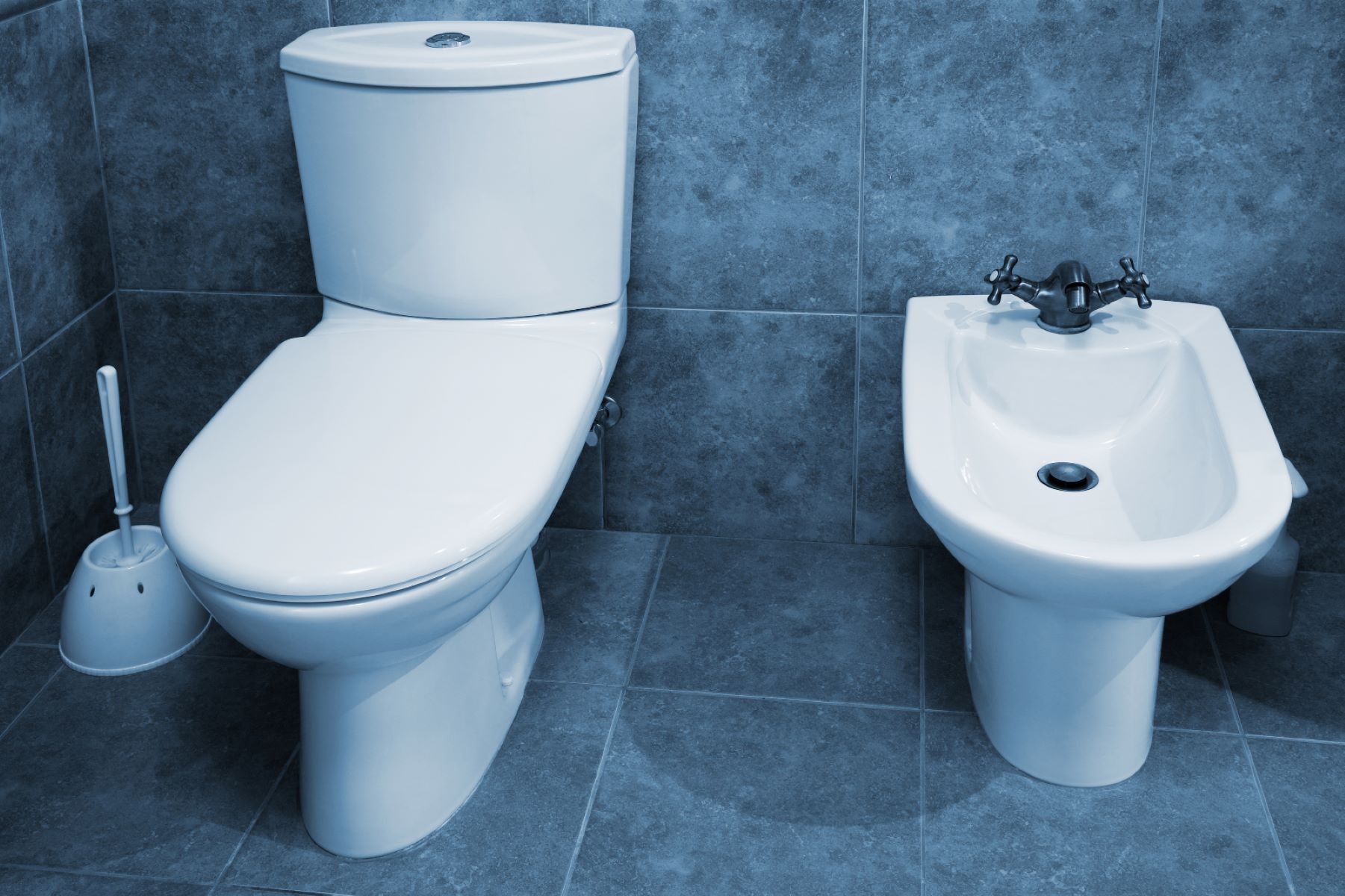

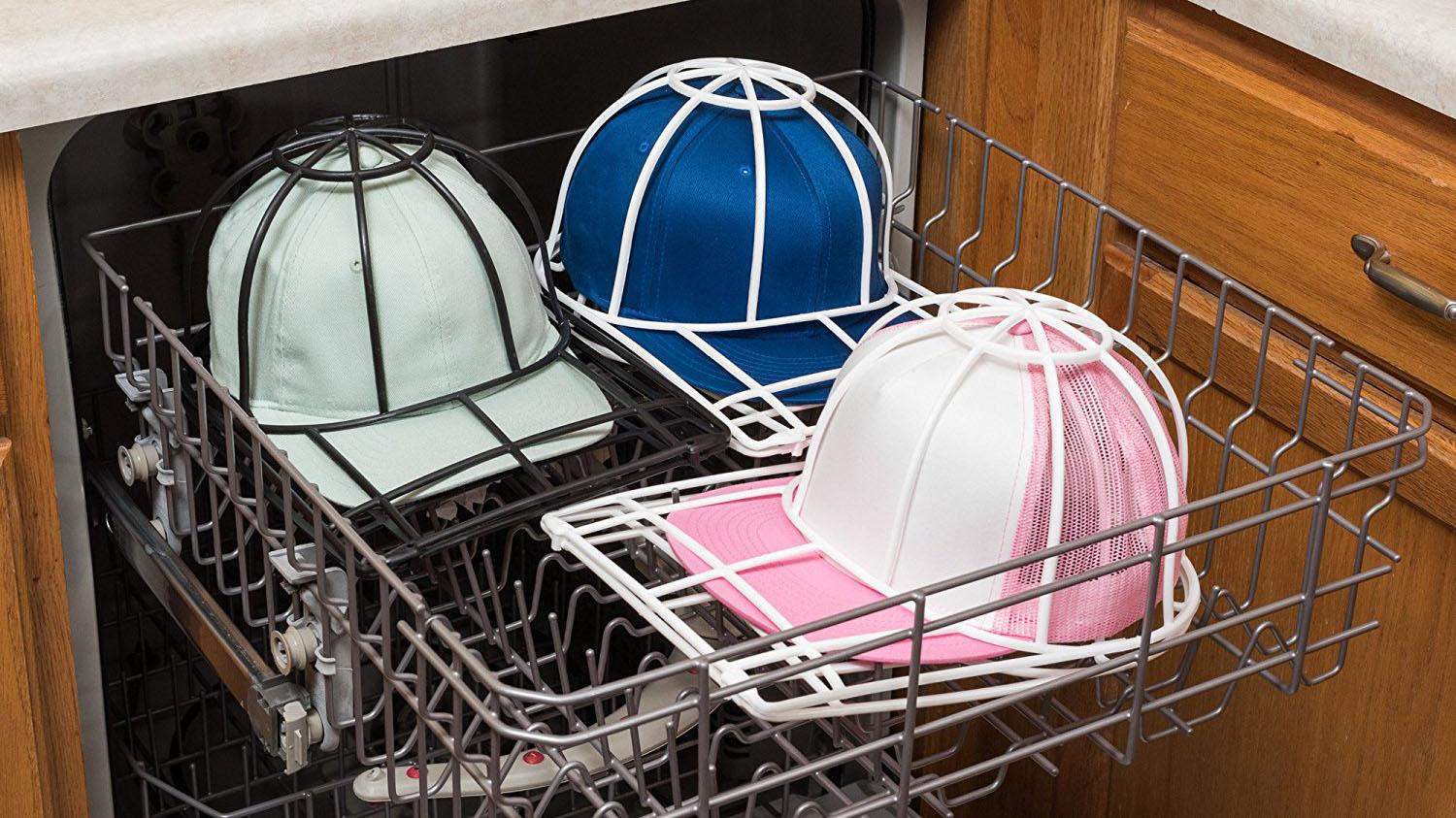
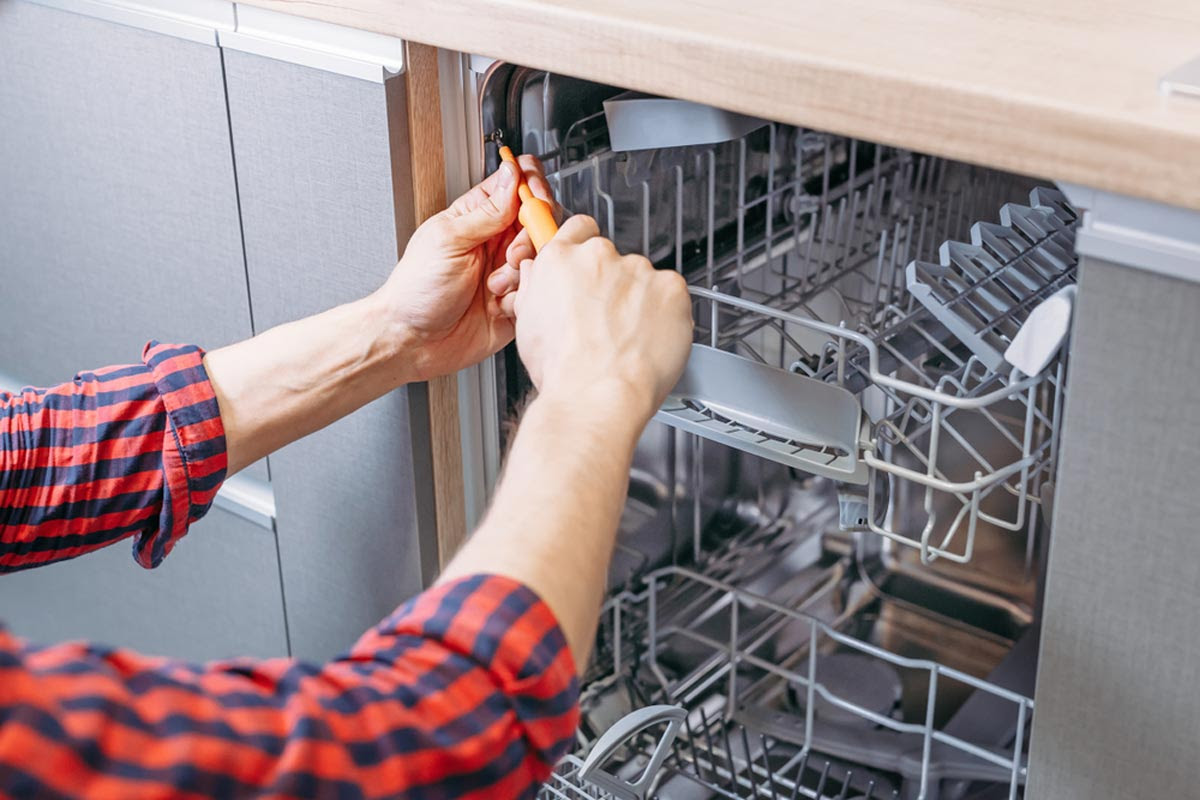
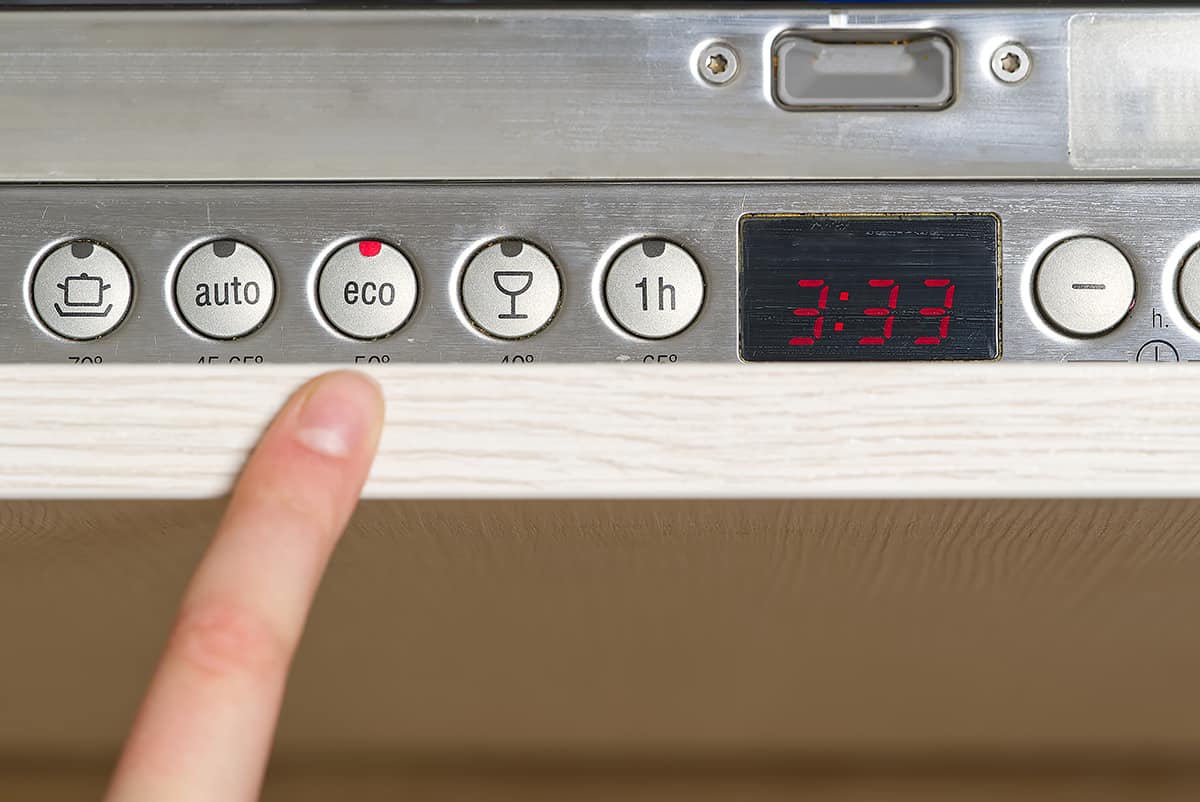
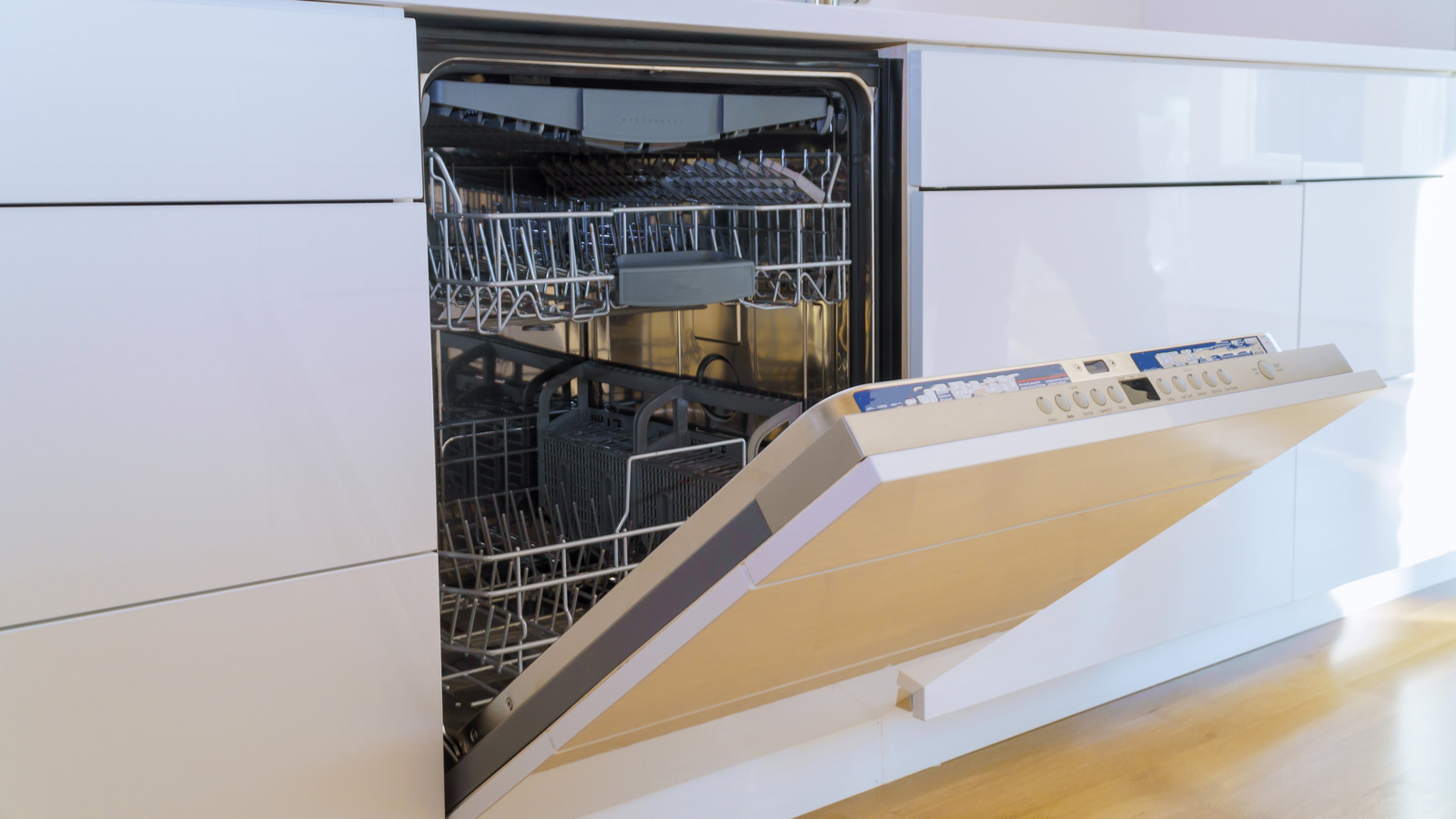

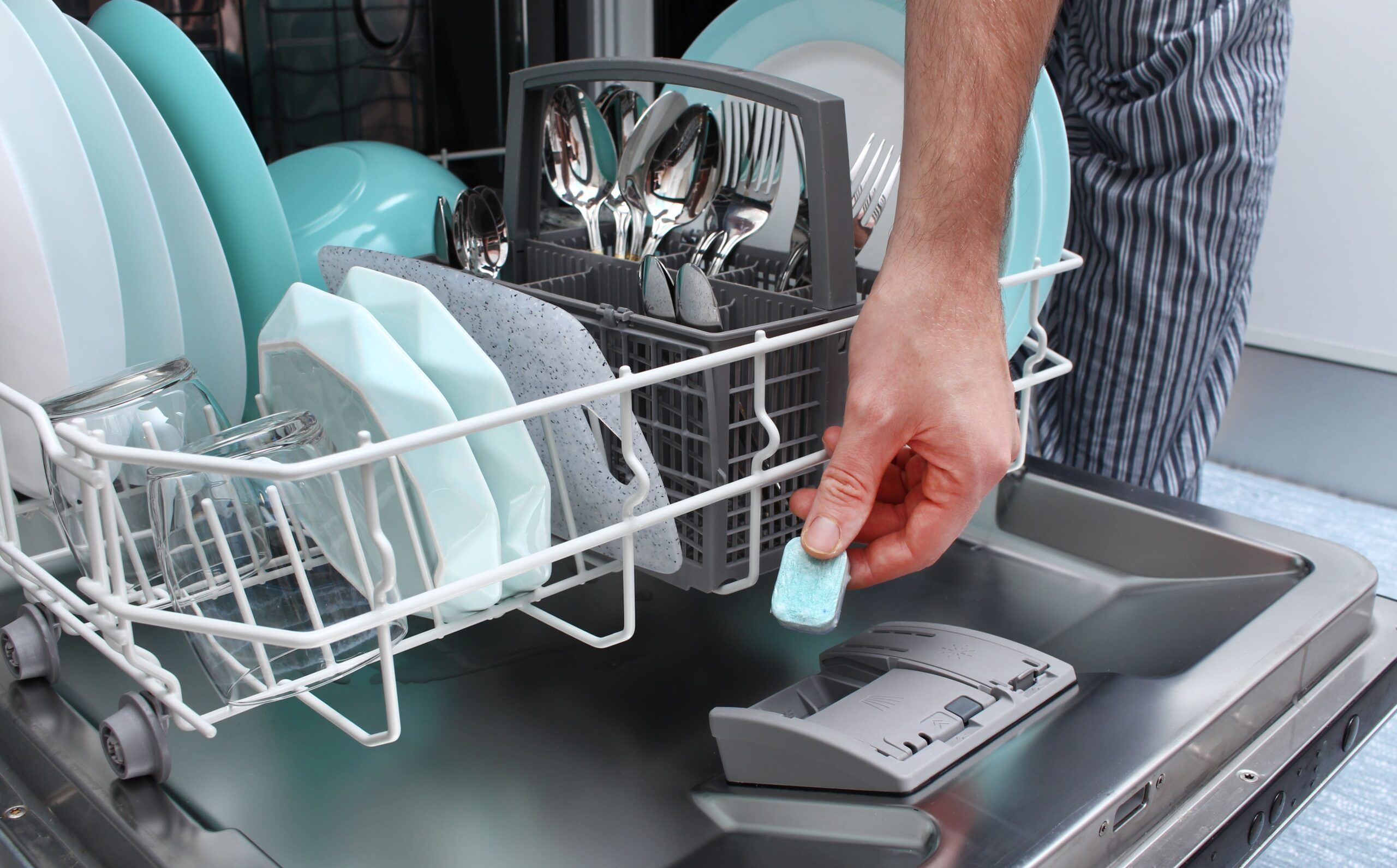


0 thoughts on “How To Choose A Dishwasher”